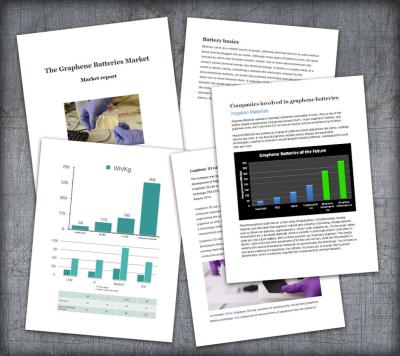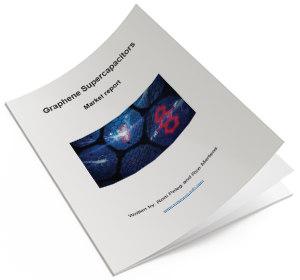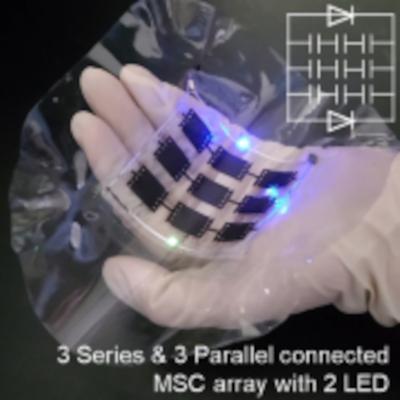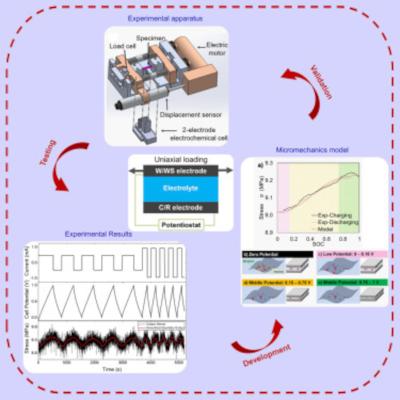Victoria government gives funding boost to graphene supercapacitors developer EnyGy
The Victorian government’s AUD$1 million (around USD$650,000) Made In Victoria Energy Technologies Manufacturing program will be awarded to four Victorian businesses manufacturing renewable energy technology components and products.

Aming recipients is graphene technologies company EnGy, which will use its grant to scale up graphene materials production.



